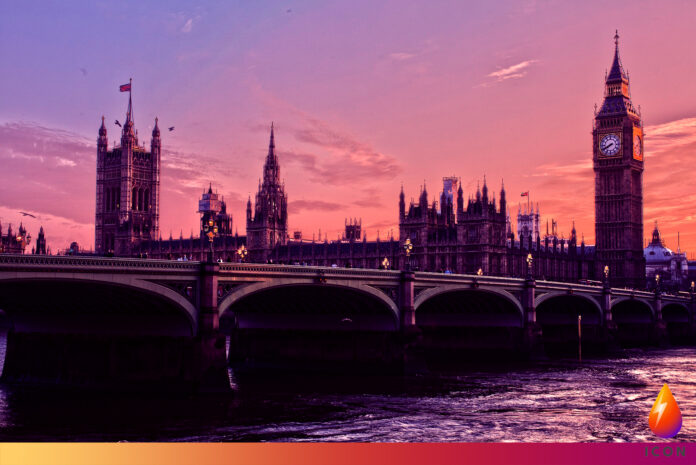The Secretary of State for Business, Energy and Industrial Strategy addressed the Parliament yesterday following his weekend meeting and subsequent roundtable discussion with energy suppliers and consumer groups about the challenges they currently face following concerns of global gas price rises.
The meeting on 20th of September was attended by senior representatives from Scottish Power, Ofgem, Octopus, Shell Energy, E.ON, Centrica, Ovo, National Grid, Energy UK, EDF, Bulb and Citizens Advice Bureau.
In the coming days, Mr Kwarteng will also meet smaller and challenger energy suppliers and set out the next steps for protecting consumers, businesses and energy suppliers from these global prices rises.
In his speech to address the Parliament on 20th of September, Mr Kwarteng stated that the ‘dramatic uptake’ in global gas demand following economies reopening in the wake of COVID-19 is seen much faster than anticipated.
Mr Kwarteng stated: “High demand in Asia for Liquified Natural Gas (LNG), transported globally by freight, means that far less LNG has reached Europe. Weather events in the US have also affected LNG exports to Europe.
“So therefore, increased demand, coupled with reduced variety of supply globally, has put upward pressure on the price of gas traded globally.
“High wholesale gas prices have subsequently driven an increase in wholesale power prices, with a number of short-term markets trading at, or near, record levels.
“While we are not complacent, we do not expect supply emergencies this winter. This is a very important point. This is not a question of security of supply.”
Mr Kwarteng went on to state that gas production from Norway, which delivers nearly 30% of our total gas supply, will ‘significantly increase’ from 1 October to support the UK and European demand.
This month four suppliers, PfP Energy, MoneyPlus Energy, Utility Point and People’s Energy, have ceased to trade, with media reports suggesting that other smaller energy companies could follow.
Mr Kwarteng addressed the situation by stating: “Obviously, the global gas situation has had an impact on some energy suppliers.
“We have already seen four suppliers exit the market in recent weeks, and we may well expect to see further companies exiting the market over the coming weeks.
“I want to make clear today, however, that it is not unusual for smaller energy suppliers to exit the market – particularly, I may add, when wholesale global prices are rising.
“The sector has seen regular entry and exit over the last five to 10 years, that is the feature of a highly competitive market.
“The current global situation may see more suppliers than usual exiting the market, but this is not something that should be cause for alarm or panic.”
Despite of the UK security of gas supply being ‘robust’, Mr Kwarteng pointed out that the UK is still too reliant on fossil fuels.
He stated: “Our exposure to volatile global gas prices underscores the importance of our plan to build a strong, home-grown renewable energy sector to strengthen our energy security into the future.
“Thanks to the steps that we have made as a government, renewable energy has quadrupled in terms of gigawatts capacity since 2010, far more than quadrupled in fact – but there is clearly a lot more we can do in this area.
“That is why we committed to approve at least one large-scale new nuclear project in the next few years, and are backing the next generation of advanced nuclear technology with £385 million, helping to attract billions of pounds in private capital and create tens of thousands of jobs.”
The full speech can be read on the UK Government website.
